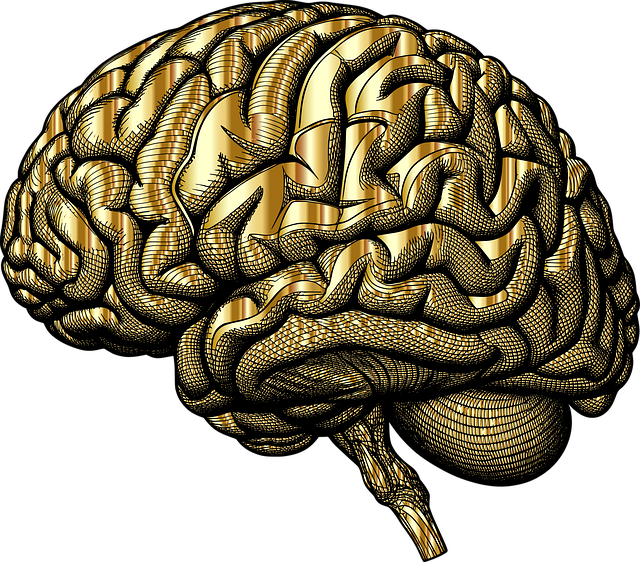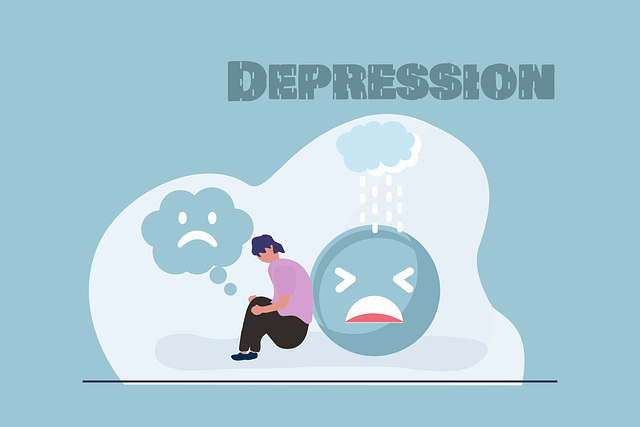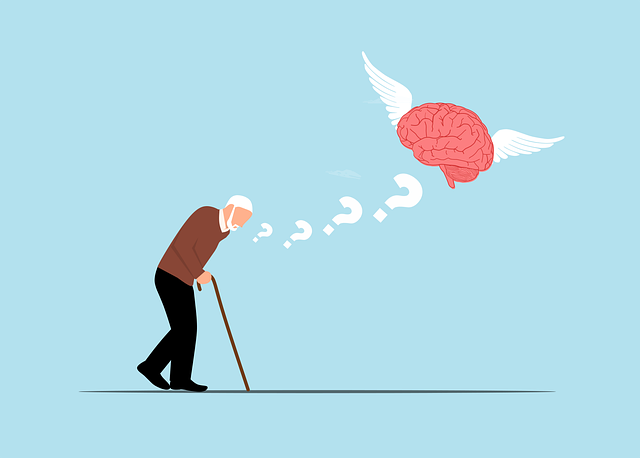Stress among the elderly, exacerbated by physical decline, social isolation, and cognitive changes, is addressed through effective strategies like Cognitive Behavioral Therapy (CBT). CBT helps manage stress by identifying and changing negative thought patterns. Workshops integrating CBT with interactive activities, role-playing, and group discussions empower seniors to develop healthier coping strategies. These sessions, tailored to diverse backgrounds and skills, promote mental wellness and resilience, enhancing the quality of life for elders.
Stress management workshops play a pivotal role in enhancing the well-being of the elderly. This article delves into the significance of understanding stress among seniors and its profound impact on their daily lives. We explore Cognitive Behavioral Therapy (CBT) as an effective treatment, offering practical insights into designing engaging workshops tailored to their needs. Furthermore, it discusses strategies for implementation, fostering long-term engagement, and providing ongoing support to help elders manage stress and improve their overall mental health.
- Understanding Elderly Stress and its Impact
- Cognitive Behavioral Therapy: A Powerful Tool
- Designing Effective Stress Management Workshops
- Implementation, Engagement, and Long-Term Support for Elders
Understanding Elderly Stress and its Impact

Stress among the elderly is a prevalent and often overlooked issue, with unique challenges arising from physical decline, social isolation, and cognitive changes. As our population ages, understanding and addressing these stressors become increasingly vital for overall well-being and quality of life. Cognitive Behavioral Therapy (CBT), a widely recognized therapy for elders, offers effective tools to manage stress by identifying negative thought patterns and replacing them with healthier alternatives.
Beyond CBT, Risk Management Planning for Mental Health Professionals plays a crucial role in depression prevention among the elderly. By incorporating Self-Awareness Exercises into their practices, caregiving professionals can enhance empathy and resilience when interacting with seniors. These exercises not only foster deeper connections but also equip professionals with strategies to recognize and respond to signs of stress or depression, ensuring timely interventions.
Cognitive Behavioral Therapy: A Powerful Tool

Cognitive Behavioral Therapy (CBT) is a highly effective approach for managing stress and improving mental wellness, especially among elders. This therapy focuses on identifying and changing negative thought patterns and behaviors that contribute to stress and anxiety. By helping individuals challenge and reframe unhelpful cognitions, CBT empowers them to develop healthier coping strategies. For the elderly population, who may face unique stressors like loneliness or health concerns, CBT offers a practical and powerful tool.
Incorporating CBT techniques into workshops can involve simple yet effective practices such as journaling exercises to track thoughts and emotions, compassion cultivation activities to enhance self-kindness, and guided mindfulness sessions. These methods encourage participants to reflect on their mental processes and engage in evidence-based strategies for stress reduction. Additionally, producing a mental wellness podcast series can provide ongoing support, sharing insights and techniques with a wider audience, including elders seeking effective therapy for managing stress and promoting overall mental wellness.
Designing Effective Stress Management Workshops

Designing effective stress management workshops requires a tailored approach, especially when catering to older adults. Cognitive Behavioral Therapy (CBT), a well-established therapy for this demographic, can be integrated into engaging workshop formats. These sessions should focus on teaching participants practical strategies to identify and change negative thought patterns and behaviors contributing to stress. By combining CBT techniques with interactive activities, role-playing scenarios, and group discussions, the workshops become dynamic and impactful.
Additionally, incorporating risk management planning tailored for mental health professionals is vital. Crisis intervention guidance can be woven into these workshops, empowering attendees to handle stressors effectively while considering their own well-being. The key lies in creating a safe space where participants feel encouraged to share experiences, learn from one another, and gain valuable tools for managing stress, ultimately enhancing their overall mental health and resilience.
Implementation, Engagement, and Long-Term Support for Elders

Implementing stress management workshops tailored for elders involves a thoughtful approach to cater to their unique needs and preferences. Engaging older adults requires recognizing their diverse backgrounds, health considerations, and varying levels of technological proficiency. Workshops should offer accessible strategies that complement any existing therapy for elders, such as Cognitive Behavioral Therapy (CBT), focusing on techniques like positive thinking and mood management. By fostering a supportive environment, these sessions can empower participants to navigate stress effectively while promoting mental wellness.
Long-term support is vital for sustained improvement. Following the workshops, continue offering resources, such as online platforms or small group meetings, where elders can share experiences and reinforce learned skills. Regular check-ins with mental wellness coaching programs can further enhance their sense of well-being. This development ensures that participants maintain a healthy mindset, even after formal workshop conclusion, ultimately contributing to their overall quality of life.
Stress management workshops tailored for elders can be transformative using evidence-based practices like Cognitive Behavioral Therapy. By understanding the unique stress sources and impacts on this demographic, organizations can design effective programs that enhance quality of life. Engaging participants through interactive sessions and providing long-term support ensures sustainable well-being, offering a powerful tool to navigate the challenges elderly individuals face.










